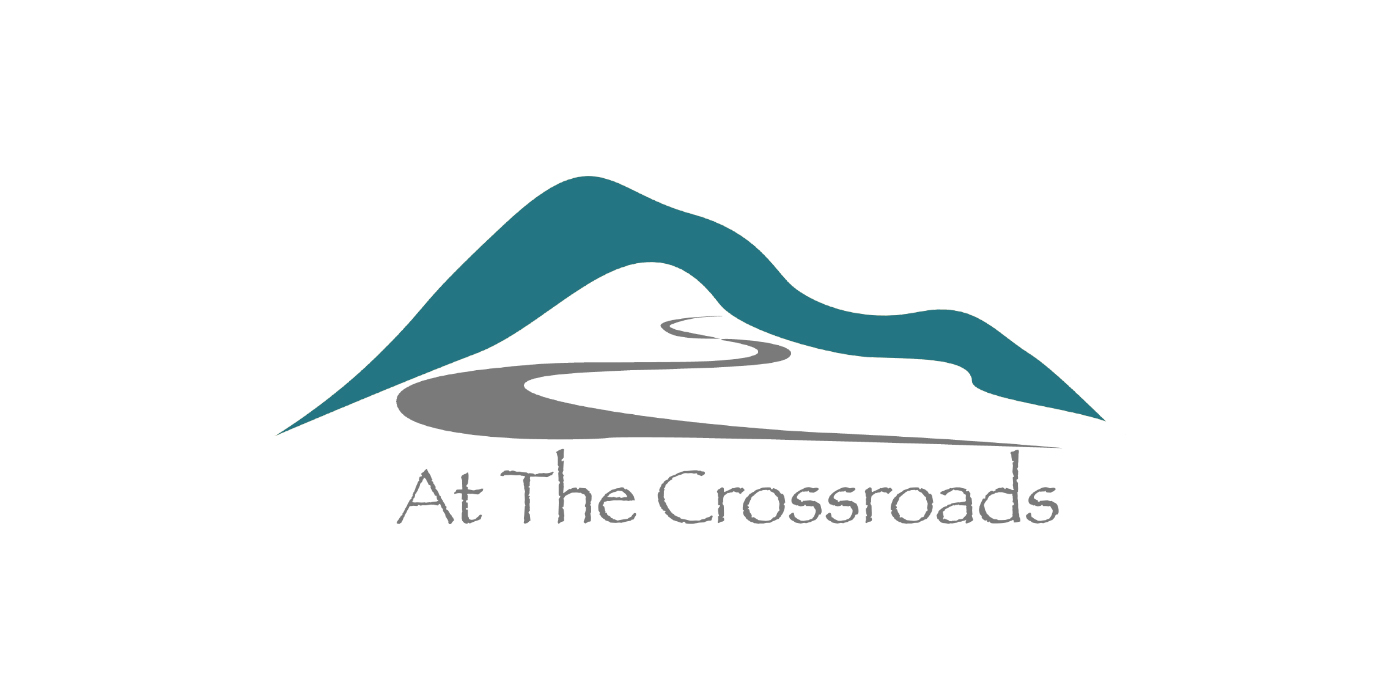Raffi Khatchadourian writes on how a family survives the Armenian genocide and its long aftermath as well as how the Kurds helped perpetuate the killing only to find themselves also under attack. An excerpt:
My grandfather spent most of his life in Diyarbakir, a garrison town in southeastern Turkey. Magnificent old walls surround the city; built of black volcanic rock, they were begun by the Romans and then added to by Arabs and Ottomans. In 1915, the Ottomans turned the city, the surrounding province, and much of modern-day Turkey into a killing field, in a campaign of massacres and forced expulsions that came to be known as the Armenian genocide. The plan was to eradicate the empire’s Armenians—“a deadly illness whose cure called for grim measures”—and it was largely successful. The Ottomans killed more than a million people, but, somehow, not my grandfather.
He guided his family safely through the tumult, and he remained in the city long afterward, enduring the decades of subtler persecution that followed. There was no real reckoning for the perpetrators of the genocide; many of them helped build the modern Turkish republic, founded in 1923. The violence may have been over, but its animating ideology persisted. As İsmet İnönü, the President of Turkey from 1938 to 1950, said, “Our duty is to make Turks out of all the non-Turks within the Turkish country, no matter what. We will cut out and throw away any element that will oppose Turks and Turkishness.” The state cut away Armenians from its history. At the ruins of Ani, an ancient Armenian city near the country’s northeastern border, there was no mention of who built or inhabited it. In Istanbul, no mention of who designed the Dolmabahçe Palace, once home to sultans. This policy of erasure was called “Turkification,” and its reach extended to geography: my grandfather’s birthplace, known since the days of Timur as Jabakhchour (“diffuse water”), was renamed Bingöl (“a thousand lakes”). By a law enacted in 1934, his surname, Khatchadourian (“given by the cross”), was changed to Özakdemir (“pure white iron”).

